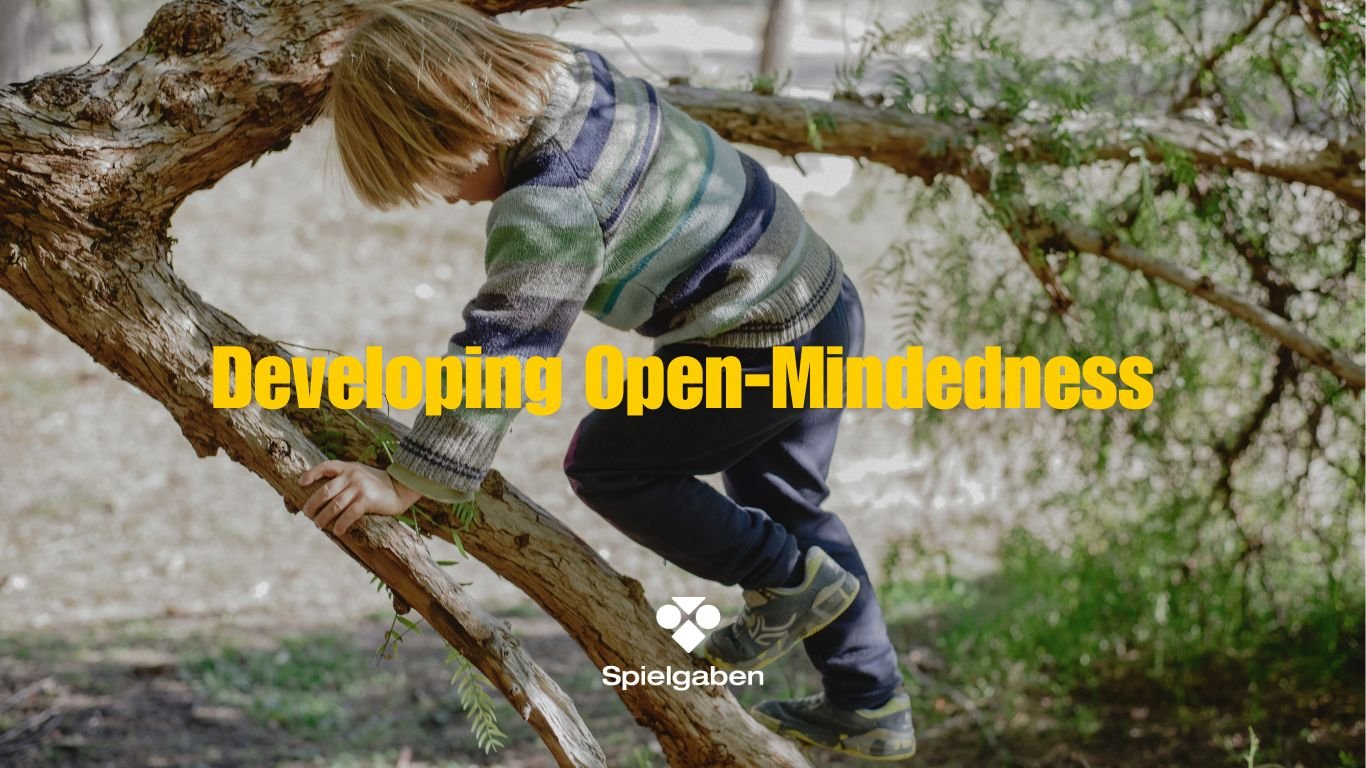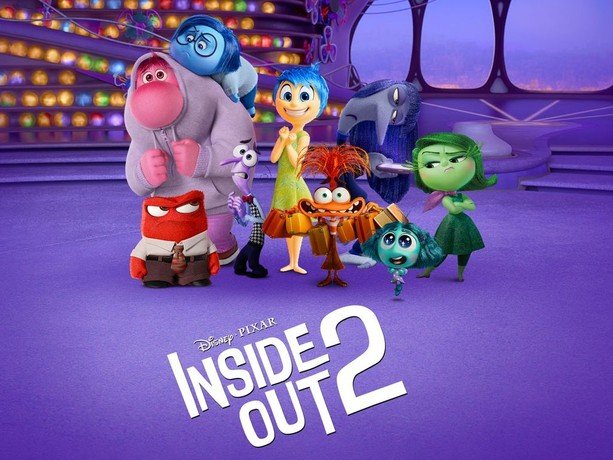Stop Making These 6 Parenting Mistakes That Could Damage Your Child’s Future
Did you know that 73% of parents unknowingly harm their children’s emotional development every single day?
You love your child more than anything in this world. You’d do anything to protect them, nurture them, and help them grow into confident, happy adults. But what if the very things you think are helping are actually holding them back?
Recent research from leading child psychology institutions reveals a shocking truth: well-meaning parents are inadvertently damaging their children’s emotional intelligence, self-esteem, and future relationships through six common parenting mistakes. The worst part? Most parents have no idea they’re doing it.
If you’ve ever felt frustrated, overwhelmed, or wondered whether you’re doing this parenting thing right, you’re not alone. But here’s the good news: once you discover what these mistakes are, you can easily transform your parenting approach and watch your child flourish.
The Hidden Damage: Why Traditional Discipline Methods Backfire
Are you still using punishment-based discipline because that’s how you were raised?
Stop right there. Physical punishment doesn’t work – and science proves it. Children who experience spanking are 13% more likely to develop aggressive behaviors and struggle with emotional regulation throughout their lives. When you hit your child, you’re teaching them that violence solves problems. Is that really the lesson you want them to carry into their relationships?
What you should do instead:
- Set clear, consistent boundaries with natural consequences
- Use time-ins instead of time-outs to connect and teach
- Model the behavior you want to see
The Criticism Trap: How Your Words Shape Their Inner Voice
Here’s a question that might make you uncomfortable: How many times did you criticize your child today?
If you’re like most parents, you monumentally underestimate how much criticism you actually dish out.
Research shows parents criticize their children an average of 17 times per day, but offer genuine praise only twice. That means your child hears negative feedback about themselves 8.5 times more often than positive feedback.
Every criticism becomes their inner voice. Every “Why can’t you ever…” becomes “I can’t ever…” in their mind.
Transform criticism into guidance:
- Replace “You never listen” with “I need you to look at me when I’m speaking”
- Change “You’re so messy” to “Let’s work together to organize your room”
- Convert “Stop being difficult” into “I can see you’re frustrated. How can we solve this?”
The Shouting Epidemic: Why Raising Your Voice Lowers Their Confidence
Do you find yourself shouting more than you’d like? You’re not alone – 98% of parents admit to yelling at their children.
But here’s what happens in your child’s brain when you shout: their stress hormone cortisol spikes, their learning centers shut down, and their fight-or-flight response kicks in. They’re not learning from your words – they’re just trying to survive the emotional storm.
Master calm communication:
- Take three deep breaths before responding to challenging behavior
- Lower your voice instead of raising it – children actually listen better to whispers
- Use the 24-hour rule: wait a day before addressing non-urgent issues
The Emotional Control Mistake That Crushes Their Spirit
“Stop crying.” “Don’t be angry.” “You’re overreacting.”
Sound familiar? When you try to control how your child feels, you’re telling them their emotions are wrong or unacceptable. This creates adults who can’t process feelings healthily or communicate their needs effectively.
Your child’s anger, sadness, and frustration are data – they’re telling you something important about their inner world. When you dismiss these emotions, you’re missing crucial information about what they need from you.
Validate their feelings instead:
- “You seem really frustrated about this”
- “It makes sense that you’d feel angry when that happened”
- “Tell me more about what you’re experiencing”
The Permissive Parent Trap: Why No Boundaries Equals No Security
Think being your child’s friend makes you a better parent? Actually, children without boundaries feel anxious and insecure. They need you to be the adult, not another playmate.
Permissive parenting creates children who struggle with self-control, have difficulty respecting authority, and often become demanding and entitled. You’re not doing them any favors by avoiding conflict or letting them make all the decisions.
Create loving structure:
- Establish non-negotiable family rules together
- Follow through consistently with agreed-upon consequences
- Explain the “why” behind your boundaries
Helicopter Parenting: How Overprotection Creates Anxious Children
Are you hovering over your child’s every move, solving their problems before they even ask for help?
Children of helicopter parents are 34% more likely to develop anxiety disorders and struggle with decision-making as adults. When you don’t let them fail, struggle, or figure things out independently, you’re robbing them of confidence-building experiences.
Give them space to grow:
- Let them attempt age-appropriate challenges independently first
- Allow natural consequences to teach lessons
- Ask “What do you think you should do?” instead of immediately providing solutions
The Parent Trap: How Your Own Childhood Affects Your Parenting Today
Here’s a hard truth: if your parents were controlling, critical, or harsh with you, you’re at higher risk of repeating these patterns with your own children.
Your childhood experiences literally rewire your brain’s parenting responses. But awareness is the first step to breaking these cycles. When you catch yourself responding in ways you don’t like, you have the power to pause and choose differently.
Break negative patterns:
- Notice your triggers and create a plan for handling them
- Consider joining a local parenting program like Triple P
- Practice mindful parenting techniques daily
Your Well-being Matters Too: The Oxygen Mask Principle
You can’t pour from an empty cup. If you’re anxious, exhausted, or constantly arguing with your partner, your parenting will suffer – and your children will absorb that stress.
Prioritize self-care:
- Get adequate sleep (even if it means asking for help)
- Address your own mental health needs
- Reduce conflict in your home environment
- Limit alcohol consumption if it’s affecting your patience
Transform Your Parenting Starting Today
Ready to become the parent your child needs? You don’t have to overhaul everything at once. Start with these three simple changes:
Week 1: Practice the 5:1 rule – offer five positive comments for every piece of constructive feedback you give your child.
Week 2: When you feel anger rising, take three deep breaths and lower your voice instead of raising it. Remember: calm parents raise calm children.
Week 3: Validate one emotion your child expresses each day with phrases like “That sounds really hard” or “I can see why you’d feel that way.”
These small shifts will create massive changes in your family dynamic. Your child will feel more secure, confident, and connected to you. You’ll experience less daily conflict and more joyful moments together.
The research is clear: children thrive when they feel seen, heard, and valued. When you stop making these six mistakes, you give your child the greatest gift possible – a foundation of emotional security that will serve them for life.
Remember: Progress, not perfection. Patience, not pressure. Love, not fear.
Ready to dive deeper? Start implementing these strategies today, because every moment matters in your child’s development. Your future self – and your child – will thank you for making these changes now.
What’s one mistake you’ll commit to changing this week? Your child is counting on you to begin today.













LEAVE A COMMENT